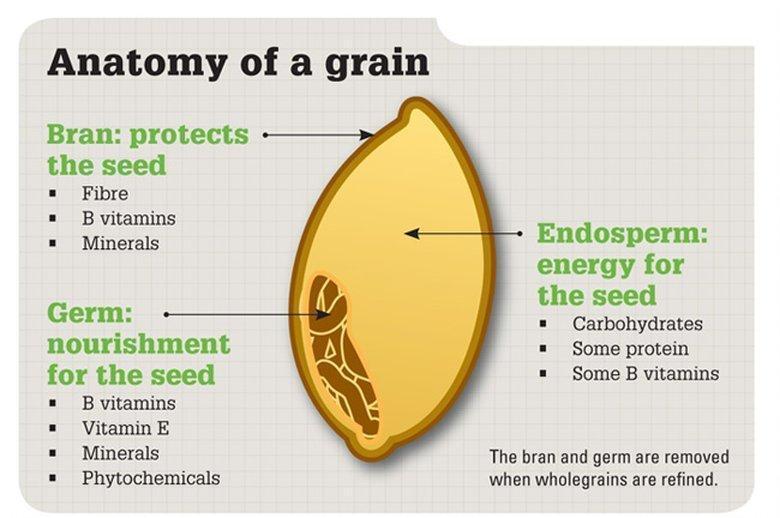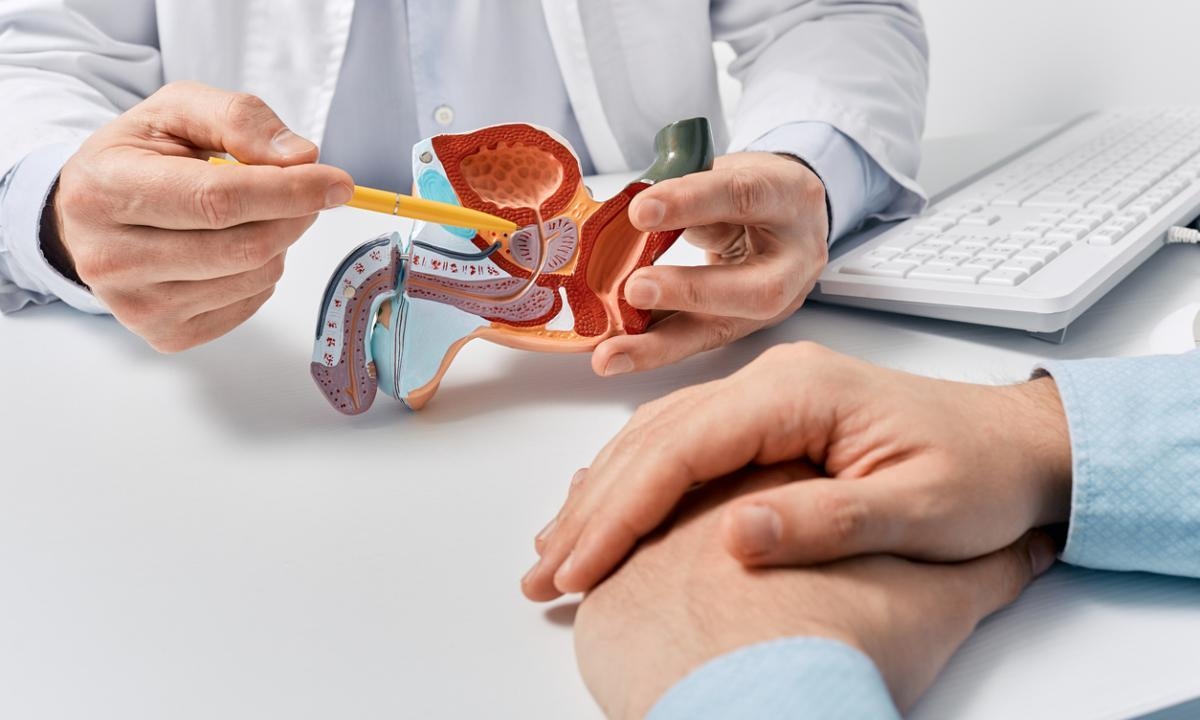
The Gluten Dilemma
I hear more and more stories of family and friends discovering they are gluten intolerant. You will be surprised how many people suffer from gluten sensitivity or celiac disease, an inherited autoimmune disorder that damages the small intestine.
Celiac disease affects 1 in 100 people worldwide, and if an immediate family member has celiac disease there is a 10% chance you will have it too. Much of the challenge is that gluten sensitivity goes largely undiagnosed, increasing these statistics even more. This is truly an epidemic and the numbers are increasing annually. Removing gluten heals the intestines over time. Diet has a significant effect on the spread of this epidemic. Here are some simple changes you can make to your diet to feel better:

1. Eat only sprouted or whole grains. Read the ingredient labels on the grain products you buy. If it doesn't have the word "sprouted" or "whole" before the grain name then be sure to resort to gluten-free grains (see 2). Why? These grains aren't processed to remove the bran and germ of the grain, where most of the nutrients reside. Our bodies know how to digest these whole grains. The endosperm of the grain, the part that is left after processing, is mostly carbohydrates and contains the gluten. The processed grain form isn't recognized by our body and this undigested gluten protein is like a foreign invader in your body, irritating your gut and diminishing nutrient absorption. The endosperm that is left provides a large dose of carbohydrates which turns to sugar and keeps us craving more. If you have celiac disease, gluten intolerance or sensitivity, avoid all grains with gluten.
2. Know your grains. Be aware of what grains are gluten-free, like amaranth, brown rice, black rice, buckwheat, corn, millet, montina, oats, quinoa, sorghum, teff, and wild rice. This is important to know if you have celiac disease or are gluten intolerant. You will need to avoid all grains with gluten, even sprouted and whole grains.
3. Avoid white processed breads, pastries and pastas. These products have less nutrients and are processed to maintain shelf life. Eat brown rice pasta or replace pasta with quinoa or rice. You can even buy a spiralizer and make zucchini or other veggie noodles. Kelp noodles are another option. There are many gluten-free alternatives out there, but focusing on whole foods and eating less processed foods will benefit your health most.
4. Snack on fruits, nuts and seeds. These whole food snacks provide our bodies with the nutrients it needs. Summer is the best time of year to enjoy the abundance of colorful, hydrating and vitamin-rich fruits available. Try a fruit you've never eaten before and grab a handful of your favorite raw nuts to sustain you until your next meal. The fruit will help to hydrate you and the protein boost will curb your hunger.
5. Maintain good intestinal flora. Do not overuse antibiotics. Limit your intake of processed and refined foods, sugar, and alcohol. Avoid food additives and sugar substitutes. Eat whole, nutrient-dense diets with ample vitamin A, like chili peppers, carrots, apricots, sweet potatoes, kale and spinach. Eat more living foods, like fresh sprouts and microgreens, and fermented foods, like kimchee, kombucha, sauerkraut or yogurt. Another option is to take a high-quality probiotic supplement.
Trending
-
1 Mental Health Absences Cost NHS £2 Billion Yearly
Riddhi Doshi -
2 Gut Check: A Short Guide to Digestive Health
Daniel Hall -
3 London's EuroEyes Clinic Recognised as Leader in Cataract Correction
Mihir Gadhvi -
4 4 Innovations in Lab Sample Management Enhancing Research Precision
Emily Newton -
5 The Science Behind Addiction and How Rehabs Can Help
Daniel Hall





Comments